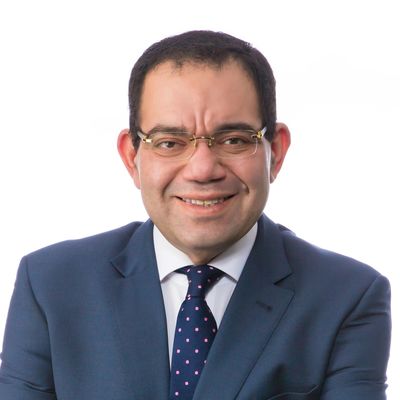By Cam Lucadou-Wells
Casey Council is unlikely to bid for a rate-cap exemption, according to its mayor Sam Aziz.
It would be a significant backtrack after a majority of councillors on 20 December agreed that the State Government-imposed cap would lead to a shortfall in council services and infrastructure.
The State Government set the 2017-’18 rates cap at a two per cent increase – which Cr Aziz described as a “shameful outcome for the future of Casey”.
However, the council would probably not “waste” resources when it was “impossible” to get an exemption from the Essential Services Commission, he said.
“I can’t say with any certainty at this point, but it’s more probable than not that would be the case,” he said.
“If it looks like we’d be wasting time and resources due to the dogmatic view of the State Government through the Essential Services Commission, we’ll do what we can to balance the budget.”
The council recently received $7.3 million of state grants for three infrastructure projects in the past year due to the “enormous merit” of Casey’s rate-cap variation submission in 2016, Cr Aziz claimed.
Its application for a 3.47 per cent rates rise in 2016-’17 – a 0.97 per cent variation to the 2.5 per cent rates cap – was rejected by the Essential Services Commission in May.
“I can’t believe the Essential Services Commission said we should go borrow money to fund the infrastructure gap,” Cr Aziz said.
“The people who will be paying that interest is our children and grandchildren.”
Far from deterred, Cr Aziz said Casey would do the “unpopular” thing and lobby ahead of the 2018 State Election to allow higher rate rises for growth-areas councils.
“We don’t get elected to be popular, but to do the right thing.
“A lot of people are struggling with costs of living, but local government is the least-taxing level of government and provides the most to people.
“To maintain that quality, we’re just asking for an extra $14 a year per household.”
Cr Aziz argued the municipality, on-course to top Tasmania’s population within 20 years, would otherwise face a $200 million black-hole in the next decade.







